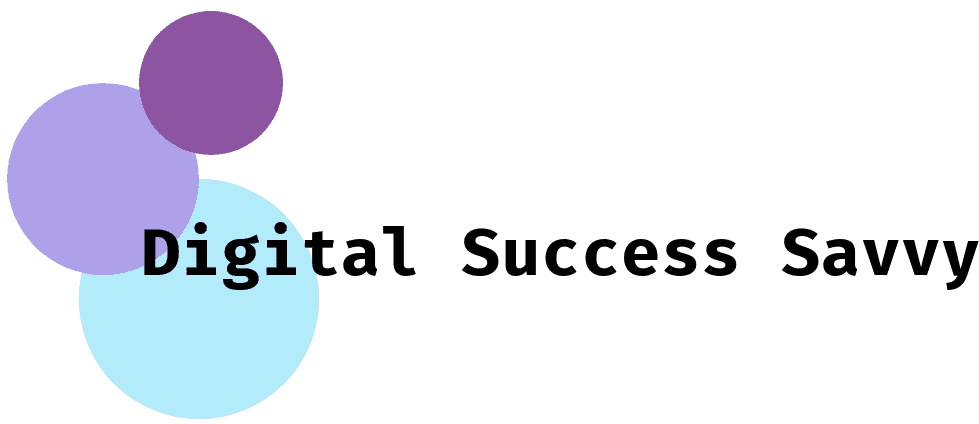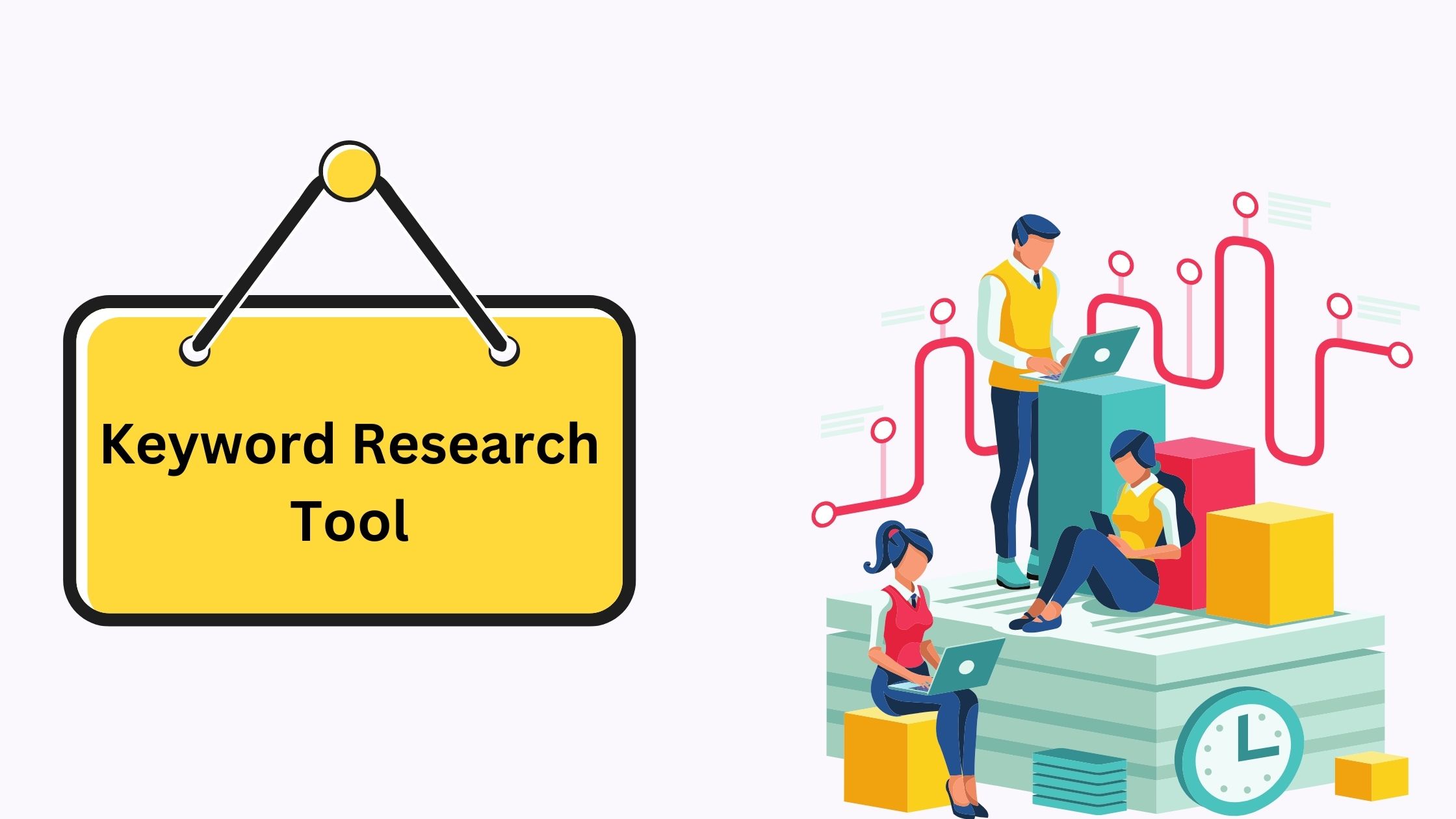Imagine this:
You’ve just launched your website, but days pass with barely any visitors. You wonder:
“Should I invest in SEO to build organic traffic or use PPC ads to drive immediate sales? What if I waste my entire budget on the wrong strategy?”
You’re not alone. Choosing between SEO and PPC is one of the most common dilemmas business owners face. Both have unique strengths, and understanding their differences will empower you to make strategic, ROI-driven decisions. Let’s explore about SEO vs PPC


What is SEO?
SEO, or Search Engine Optimization, is the process of optimizing your website to appear higher in search engine results pages (SERPs) for targeted keywords without paying for placement.
Think of SEO as building your digital reputation. The higher your website ranks, the more trustworthy and credible you appear to potential customers who are searching for solutions you offer.
How SEO Works (with Examples)
Let’s break down how SEO works in practice for your business growth:
- Keyword Research:
This is the foundation of SEO. It involves identifying what your target customers are searching for. For example, if you run a skincare brand, you might target keywords like “best sunscreen for oily skin.” Using tools like Ahrefs, SEMrush, or Google Keyword Planner helps discover these opportunities with estimated search volume and competition. - On-Page SEO:
Once keywords are identified, you optimize your website’s pages for them. This includes crafting keyword-rich titles and headings, writing meta descriptions that improve CTR, ensuring content relevance, using descriptive URLs, and optimising images with alt texts to boost accessibility and rankings. - Off-Page SEO:
Off-page SEO builds your website’s authority through backlinks from reputable sites. These backlinks act as endorsements, telling search engines that your content is valuable and trustworthy. For instance, if a popular beauty blog links to your skincare guide, Google sees it as a vote of confidence which boosts your ranking. - Technical SEO:
Beyond content, your site’s backend matters. Technical SEO ensures your website loads fast, is mobile-responsive, and structured for easy crawling and indexing by search engines. A slow or unoptimised site can lose rankings despite having great content. - Content Strategy:
Consistently publishing high-quality, relevant content is essential. This could include blog posts, how-to guides, videos, and infographics addressing different stages of your buyer’s journey. For example, creating a detailed guide on “How to build a skincare routine” can drive targeted organic traffic to your brand.
Want to skyrocket your rankings? Work with the best SEO expert in India and grow your traffic sustainably.
What is PPC?
While SEO focuses on organic growth, Pay-Per-Click (PPC) advertising involves paying for your website to appear at the top of search results for targeted keywords. Each time someone clicks your ad, you pay a fee.
PPC is ideal when you need immediate visibility, traffic, and conversions, especially for launches, sales, or time-sensitive offers.
How PPC Works (with Examples)
Here’s a detailed look at how PPC campaigns operate for impactful results:
- Keyword Research & Bidding:
Similar to SEO, PPC begins with identifying profitable keywords your customers search for. However, you also research the cost per click (CPC) for each keyword. For example, if “buy protein powder online” has a CPC of ₹30, you estimate your budget based on desired clicks and conversions. You then set your maximum bid for each keyword to compete in ad auctions. - Ad Creation:
Creating PPC ads involves writing compelling headlines and descriptions that resonate with your audience’s intent and pain points. For example, an ad for a fitness program might read, “Lose Weight with Our 30-Day Home Workout Plan – Join Today.” The goal is to grab attention and clearly communicate your offer’s benefit, alongside choosing the best landing page to convert visitors. - Audience Targeting:
PPC platforms like Google Ads and Meta Ads allow precise targeting based on location, age, gender, interests, purchase behaviour, and even remarketing to past website visitors. For instance, an online saree boutique can target women aged 25-45 in major Indian metros with wedding shopping interests. - Budget Management:
You set daily or monthly budgets to control ad spend. This flexibility allows businesses to start small, test different ads, and scale campaigns based on ROI performance. You can pause underperforming ads instantly without affecting your overall strategy. - Campaign Optimisation:
Successful PPC is not set-and-forget. You monitor key metrics like CTR, CPC, conversions, and ROAS (Return on Ad Spend) regularly. This data-driven approach helps refine ad copies, targeting, bidding strategies, and landing pages to maximise conversions at minimal cost.
Looking to boost your website’s visibility? Explore our proven SEO services and drive targeted leads today.
SEO vs PPC: Key Differences
| Feature | SEO | PPC |
| 1. Approach | Organic optimisation for search rankings | Paying for instant ad placement |
| 2. Results Timeframe | Slow but long-lasting | Immediate traffic and visibility |
| 3. Cost Structure | Upfront effort with no per-click costs | Continuous pay per click required |
| 4. Sustainability | Sustainable traffic over the long term | Traffic stops when budget ends |
| 5. Control Over Visibility | Less immediate control, algorithm-dependent | Full control over placement, timing, and targeting |
| 6. Click-Through Rate | Often higher for informational searches | High for commercial and transactional keywords |
| 7. ROI | Higher long-term ROI if maintained | ROI depends on ongoing optimisation and budget management |
| 8. Best Use Case | Building brand authority and evergreen traffic | Product launches, seasonal offers, immediate conversions |
When Should You Use SEO?
SEO works best when your goals are focused on sustainable growth. Consider investing in SEO when:
- You aim to build long-term brand authority and market share.
SEO positions your brand as a credible industry expert, attracting users looking for reliable solutions. - Your business model allows time for results.
SEO takes months, but once rankings build, you benefit from free, consistent traffic. - You’re targeting informational or evergreen keywords.
For example, “how to choose the right CRM” can bring ongoing traffic for years. - Reducing marketing costs in the long run is a priority.
Unlike PPC, SEO does not require ongoing per-click payments once rankings are established. - You want to build trust and credibility.
Users often perceive organic results as more authoritative and unbiased compared to ads.
When Should You Use PPC?
PPC is an excellent choice when you need fast, targeted results. Consider PPC when:
- Launching a new product or service.
PPC drives instant awareness and sales before organic rankings build. - Promoting time-sensitive campaigns, sales, or events.
For example, festival discounts or limited-period offers. - Targeting high-commercial-intent keywords.
Keywords like “buy DSLR camera online” often have a high ROI through ads. - Testing new markets or offers quickly.
PPC helps validate demand before investing in full-scale campaigns. - You want guaranteed visibility despite high competition.
Even if your SEO is still building, PPC places you directly in front of ready-to-buy customers.
Combining SEO and PPC: The Winning Strategy
The most successful brands integrate both SEO and PPC for optimal results:
- Maximise Search Visibility:
Appear in both organic and paid listings to dominate SERPs, increasing credibility and click-through rates. - Use PPC Data to Inform SEO:
High-converting PPC keywords can guide your SEO content strategy. - Retarget SEO Visitors with PPC Ads:
Convert users who visited your blog or pages via SEO but didn’t purchase on their first visit. - Balance Short-Term Wins with Long-Term Growth:
PPC drives immediate traffic while SEO builds a strong foundation for sustainable leads. - Improve Overall Marketing ROI:
Combining both reduces dependency on a single channel, ensuring stability even if algorithm changes or ad costs fluctuate.
Curious about how much it costs to hire an SEO expert in India? Check out this detailed breakdown: SEO Cost in India – What You Should Expect
Conclusion
Choosing between SEO and PPC isn’t about picking one over the other it’s about aligning each with your business goals, timelines, and budget.
- SEO builds long-term authority and drives sustainable traffic.
- PPC delivers immediate, targeted results with measurable ROI.
The best approach? Use both strategically.
Wondering if investing in SEO is worth it for your business? Discover the real reasons why SEO is a non-negotiable growth investment in this detailed guide – Why Your Business Needs SEO
FAQ
Q1. Which is better, SEO or PPC?
Neither is universally better. SEO is ideal for long-term sustainable traffic and brand authority, while PPC provides immediate results and targeted reach. The best choice depends on your goals, timeline, and budget. Many businesses achieve optimal results by combining both
Q2. What is the difference between SEO, SEM, and PPC?
- SEO (Search Engine Optimization) focuses on improving organic (unpaid) search rankings through website optimisation and content.
- SEM (Search Engine Marketing) is a broader term that includes both SEO and paid advertising to increase search visibility.
- PPC (Pay-Per-Click) is a form of SEM where you pay for ads to appear in search results and pay each time someone clicks your ad.



